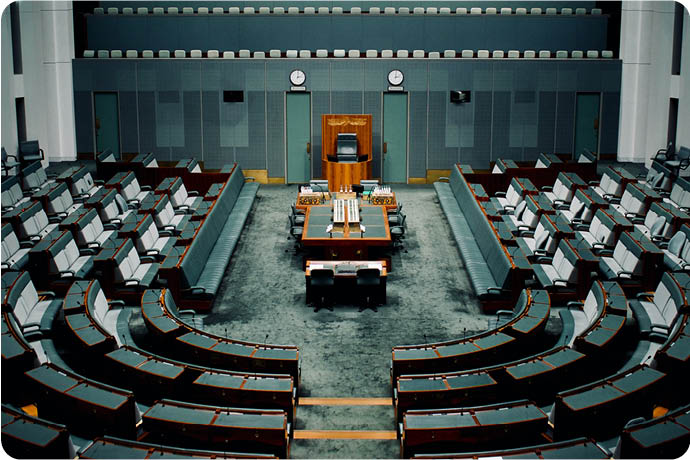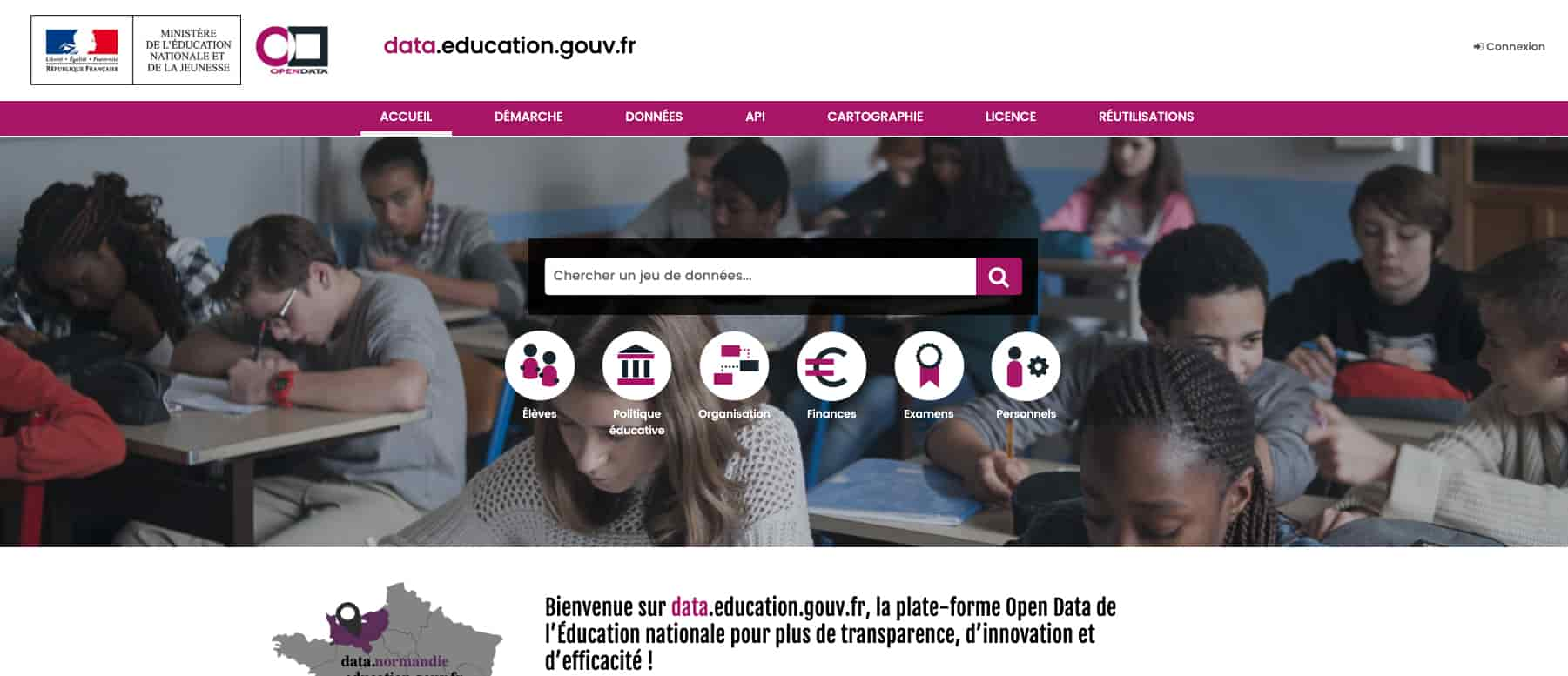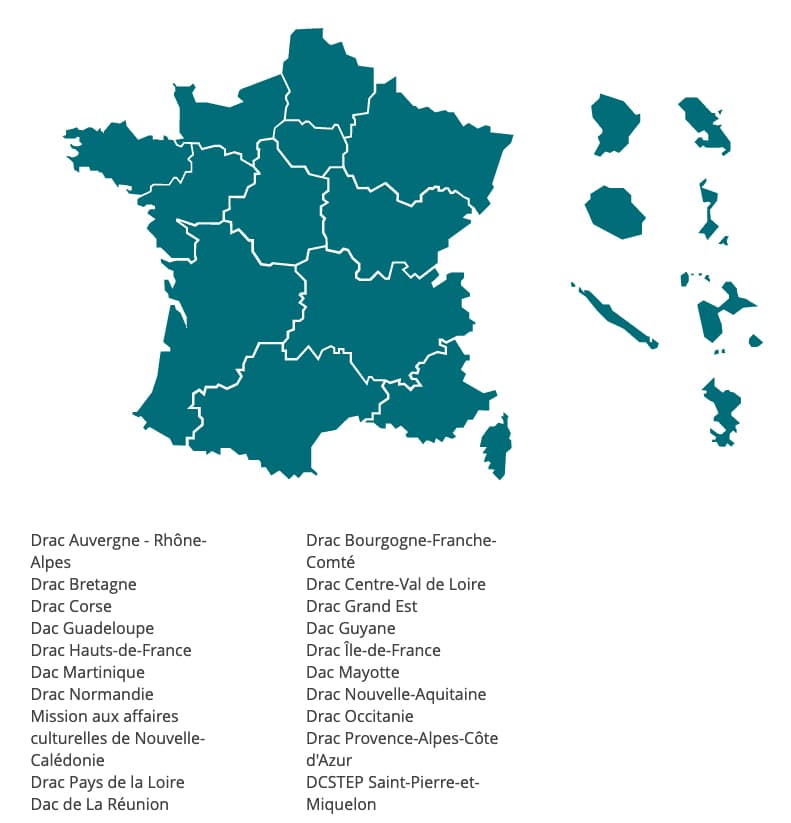Improving Public Policy Through Data Sharing: Examples from French Government Departments

Did you know that data sharing is especially useful for government ministries? In this interview, learn how and why government agencies disseminate their data.
How does data sharing change the way public administration works? What are their concerns, and how are they expected to develop in the coming months? To answer these questions, I’ve called upon Gaylord Marchesseau, Public Sector Sales Director at Opendatasoft (ODS). Keep reading!
Hello, Gaylord! Could you begin by giving us a quick, by-the-numbers account of what the public sector means to ODS?
Yes, certainly! My client base consists of about 80 public sector organizations: 60 local and regional governments (regions, departments, cities, etc.) and 20 central government agencies. We work with 13 of the 16 Ministries that are currently in operation, so we are starting to develop real expertise in that area.
What was your first Ministry client at ODS?
The Ministry of National Education. When I joined the company, the Ministry was already giving serious thought to its open data strategy, and I provided guidance through that process. As it happens, I had previously worked with this client. My first meeting with the Ministry after I joined ODS took place exactly where I met with them for the last time with my previous job.
 Copy to clipboard
Copy to clipboard
So it was meant to be! What challenges do you run up against when you initiate projects with this type of client?
We often have to deal with technical issues (mostly relating to security), but the real challenges are more on the organizational side. Data sharing within Ministries raises the question of governance and requires a lot of internal approvals.
Are the Ministries required to share their data?
Yes. Since the passage of the Digital Republic Law in 2016, all companies with a public mission are required to share their public information. That applies to government bodies, of course, but also to private companies with a public service mission. Most of the Ministries post their data on Data.Gouv.fr., but some provide Excel spreadsheets on their own websites, while others work with our platform.
This legal requirement may well have been perceived as an obligation at first, but it is increasingly seen as an opportunity for the authorities.
What major challenges inherent in the Ministries' activities can be resolved effectively through data sharing?
Data sharing is a powerful tool for the Ministries. This approach enables them to rise to a variety of challenges. I’m thinking in particular of the following:
– In the interest of boosting the attractiveness of their institutions and activities, the Ministries need to make their actions visible and accessible . Making their data available to the widest possible audience enables them to support their initiatives, to promote the actions they’ve taken, and to shine a light on the positive impact of those actions.
– When it comes to the goal of establishing a more efficient administration:
- The need for transparency. We’re currently witnessing society seeking more government accountability. People need clear information. They need to see the justification for the decisions being made. Sharing data is a way to stifle misinformation, give a factual report on an action, and to interact meaningfully with citizens.
- The need to disseminate data externally. Open data makes it possible to generate efficient services and, at the same time, to meet society’s needs at the lowest possible cost. It’s a fast, easy way to bring public service closer to citizens and to encourage citizens to reuse the data being made available to them. A lot of data is still being shared via impenetrable Excel spreadsheets that are only truly accessible to those “in the know.” Creating a data sharing platform, on the other hand, means that we can democratize access to data and make it useful to as many people as possible. For example, with Alim’Confiance, the Ministry of Agriculture and Food made the results of health inspections in the food service sector available to all. That information, which is available on their website and their app, can easily enhance other services. Here’s a specific example: At ODS, a Slack channel linked to Alim’Confiance enables us to get the latest scores for the restaurants located near our offices, in real time. The same principle applies to MiamBot. This chat bot, integrated into the Facebook interface, gives users recommendations for “safe” restaurants near their location. Another idea: Using Alim’Confiance data, La Fourchette could display the health score for each restaurant listed on its site, expanding the information it has to offer.

- The need to disseminate data internally. Many employees waste time searching for information that exists, but which they don’t know where to find. By using a data sharing portal, it becomes possible to make use of work that has already been done, to simplify team members’ everyday tasks, and to increase the efficiency of government and its subdivisions. For example, the POCEAD project, which we’ll discuss at our Ministries Event, aims at capitalizing on internal and external expertise at the Armed Forces Ministry and making it available to anyone who needs it in order to discharge their duties effectively.That last issue is a critical aspect of guiding government bodies through their organizational transformation and supporting professionals. That is one of the main reasons why it was so important to me to organize the Ministries Morning. Data sharing projects most often stem from initiatives with an external orientation, but the internal outcomes are just as impressive.It’s worth noting that the issues we’ve just mentioned are not only a concern for public organizations ; all types of companies can face these challenges.
Indeed, these are issues encountered in many organizations across all industries. In your opinion, what makes the Ministries different from other government bodies?
I’m thinking of two very clear-cut features:
- Ministries work at the macro level. The defining feature of the Ministries lies in the geographic aspect of their activity. As government bodies, all their initiatives play out on a national scale. The Ministries handle issues that will impact regional and local governments, providing direction for them.
- Decentralized organization is a key characteristic of the Ministries. Their central offices are based in Paris, but they also comprise a number of decentralized departments dispersed throughout France. For example, the Ministry of National Education includes 17 academic regions (each of which, in turn, may include several academies), while the Ministry of Culture is made up of 20 DRACs (Regional Cultural Affairs Offices). So the Ministries have two missions: to communicate information to their local offices, and to encourage those local offices to share their own data.

I see; that makes sense. And who are your contacts within the Ministries?
That depends on the topics at hand, because no matter what capacity they work in, everyone needs data. Generally speaking, we talk first with the professional specialists (for example, the Communications team), and then with the digital technology departments.
Sometimes, we even get multiple, completely independent projects within one Ministry. We try to take a logical approach to the uses of data in our work with the digital technology departments and to apply them more generally within the organizations.
How would you summarize the progress of the Ministries' data sharing projects?
We’ve only just begun the process! The Tech.Gouv program, which the national government just launched last April, aims to speed up the civil service’s digital transformation. The creation of that program reflects the government’s awareness that progress to date has been too slow and that data sharing presents an opportunity for reinvention and for improvements in the public sphere. Data sharing provides greater flexibility and makes it possible to be more efficient; to improve management, communication, operations, and reporting; and to create new services more quickly.
All that is a step in the right direction, but there’s still a long way to go.
It looks like there are plenty of arguments in favor of data dissemination. What are the next steps in your work with the Ministries, to achieve these goals?
I’d like to continue guiding the administration in its digital transformation, in its process of becoming more open. To that end, my goal is to get involved in an increasing variety of ministerial projects, regardless of their circles of dissemination. We’re only 1% of the way into the job, and I’m eager to expand my team so that we could, ideally, assemble a squad devoted exclusively to the fascinating world of government ministries.
Sounds like a great plan! On a personal level, how does working with clients like these enhance your career?
I’ve become an expert on acronyms! On a more serious note, I find this field really interesting because it’s always changing. Before I started working in this sector, I had no idea how many topics and professions are connected to it. The public sector often takes criticism for a variety of reasons, but I’ve realized that they don’t operate any better or any worse than the private sector.
Plus, working with the public sector makes me feel like I’m participating in a collective effort, contributing to the public interest.
To wrap things up... Why should our readers attend our Ministries Event?
The topic of data – disseminating and using data – is still relatively new to people. The speakers lined up for this event really understand the issue and can share feedback based on their experience, including the complexities and constraints that they dealt with, as well as the victories that have resulted. I’m sure that their talks will benefit the audience and provide inspiration for the participants as they manage their own projects. The event will also provide an opportunity to network and discuss common issues. See you on January 23!
We hope this article has helped you either find out about data sharing in government or gain a deeper understanding of the issue. Interested in learning more? Join us on January 23 at Morning Coworking Richelieu to hear inspiring stories from ACOSS (the Central Agency of Social Security Organizations), the Ministry of Culture, the Armed Forces Ministry, the OFGL (Local Public Administration and Finance Observatory), the Ministry for Solidarity and Health, and DILA (Department of Legal and Administrative Information).
We’ll be back soon for more “datadventures”!


State governments cover an enormous range of services and are often complex, diverse organizations. Data sharing helps them become more collaborative, efficient and effective, building trust with stakeholders. How can data exchanges break down silos and enable data sharing and help them meet their key objectives?

Access to accurate statistical information is key to the successful functioning of the global economy and for policymakers and businesses to make informed decisions around subjects that impact us all. How can institutions effectively and efficiently share their statistical data in an interoperable, scalable way to democratize access and build trust?

